Spring is one of my favorite seasons—everything is starting to bloom, energy is rising, and we feel the call to renew. But if you're someone who battles seasonal allergies, this season can feel more like a struggle than a celebration. Sneezing, itchy eyes, sinus pressure, brain fog... many annoying symptoms that can make it difficult to enjoy the beauty that spring has to offer.
Worry not, there are absolutely herbs and natural remedies for seasonal allergies that can help ease symptoms without having to rely solely on antihistamines. Let’s explore what’s going on beneath the surface—and how you can support your body with a few potent, natural tools.
What’s Really Going On With Seasonal Allergies?
Seasonal allergies, also called hay fever or allergic rhinitis, are an overreaction of the immune system to substances in the environment like pollen, mold spores, or pet dander. When these triggers enter the body, your immune system sees them as a threat and releases histamine, causing inflammation, sneezing, runny nose, and itchy eyes.
But the issue runs deeper than just exposure to pollen. Functional medicine and herbalism both recognize that your gut health, liver function, lymphatic flow, and stress levels all influence how your body reacts to allergens.
“If your detox pathways aren’t working properly, histamine builds up. You don’t just have a pollen allergy problem—you have a histamine clearance problem.” – Dr. Ben Lynch
Keeping this in mind, let’s talk about the plant allies and compounds that can help mitigate the annoying allergy symptoms in a holistic way–looking at the whole picture.
Herbal Allies for Allergy Relief
Here are some of our favorite herbs for allergy season, inspired by traditional herbal wisdom and supported by modern science:
Nettle Leaf
Nettle leaf is one of the most beloved herbs for seasonal allergy support—and for good reason. It acts as a natural antihistamine, helping to calm the body’s overactive response to allergens like pollen and dust. Beyond allergy relief, Nettle is deeply nourishing and rich in minerals such as iron, calcium, and magnesium, which support energy, adrenal health, and whole-body balance. It can be taken as a capsule, or best of all—as a daily herbal infusion, making it a simple and effective addition to your spring wellness routine.
“Nettles are one of the best remedies for hay fever and allergies. They tone and nourish the whole body and reduce allergic response over time.”--Rosemary Gladstar
Eyebright
True to its name, eyebright has a long history of use for eye and sinus-related irritation, especially during allergy season. Traditionally used to ease itchy, watery eyes and upper respiratory inflammation, this gentle herb helps soothe mucous membranes and reduce discomfort caused by pollen and environmental triggers. It’s often combined with other herbs like nettle or elderflower for a more comprehensive seasonal allergy blend.
Reishi Mushroom
Reishi is a powerful immune modulator and one of the most treasured mushrooms in both traditional herbalism and modern functional medicine. It helps regulate the immune system, reduce inflammation, and support a balanced histamine response, making it especially useful for those with seasonal allergies or histamine sensitivity. It is often recommended as part of a holistic approach to immune resilience and histamine-related issues, particularly for women navigating stress and hormonal imbalances that may exacerbate allergic reactions.
Elderflower
Elderflower is a gentle yet effective herb traditionally used to support sinus drainage, reduce inflammation, and strengthen immune function—especially during allergy season. It’s known for its cooling and drying properties, making it particularly helpful for symptoms like watery eyes, runny nose, and excess mucus. Often paired with the previous herbs Nettle and Eyebright, elderflower is a staple in many classic herbal allergy blends.

Lemon Peel & Citrus Bioflavonoids
Lemon peel and other citrus bioflavonoids are rich in vitamin C and antioxidants that help stabilize mast cells and support a healthy inflammatory response. These compounds are especially helpful for reducing watery eyes, runny nose, and other symptoms related to histamine release. They also help strengthen capillary integrity, which can minimize irritation in sensitive tissues like the eyes and sinuses during allergy season.
Turmeric & Ginger
Turmeric and Ginger are well-known for their anti-inflammatory properties, making them powerful allies for calming the body’s response to allergens. Turmeric contains curcumin, which helps modulate immune activity and reduce histamine-driven inflammation, while Ginger improves circulation, aids digestion, and supports lymphatic movement—important for clearing out excess histamine and toxins. Together, they offer warming, soothing support for both the gut and the immune system during allergy season.
Functional Medicine Meets Herbal Wisdom for Seasonal Allergies
Modern science is catching up to what traditional herbalists have known for generations: seasonal allergies often reflect deeper immune and detoxification issues, not just reactions to pollen. Clinical research supports the use of herbal allies like Nettle, which has been shown to reduce histamine-related symptoms. Similarly, quercetin—a natural compound found in onions, apples, and citrus—has demonstrated the ability to stabilize mast cells and inhibit the release of histamine, helping to ease allergic symptoms.
Functional medicine experts like Dr. Mark Hyman and Dr. Chris Kresser emphasize the importance of gut health and liver detoxification pathways (Phase I and II) during allergy season. When these systems are sluggish or overburdened, histamine clearance slows—worsening allergy symptoms. Supporting the gut-liver-immune axis with herbs, nutrients, and daily practices is key to long-term relief.
Lifestyle Tips for Natural Allergy Relief
Pair your herbal support with lifestyle tools that promote healthy immune and histamine response:
✽ Support the Liver – Use herbs like Dandelion root, Burdock, and Milk Thistle
✽ Move the Lymph – Try dry brushing, self-massage, or rebounding
✽ Clear the Sinuses – Neti pot or saline rinse with sea salt + baking soda
✽ Lower Histamine Load – Eat low-histamine, whole-food meals; minimize alcohol and processed foods
✽ Daily Mineral-Rich Teas – Especially Nettle + Oatstraw for resilience and hydration
Our Favorite Spring Herbal Products in the Apothecary
Mineral Tonic Tea
Nettle, Oatstraw, Lemon Balm, and Red Clover for daily mineral support and histamine balance
Berry Well Tea
Elderberries, Hibiscus, Rosehips, and Ginger for immune support and seasonal resilience
Stress Adapt Tincture
Reishi, Holy Basil, and Adaptogens to regulate stress and immune balance
Love My Liver Tincture
Burdock, Milk Thistle, Yellow Dock, and Red Root to support the liver and healthy histamine clearance
Bonus: Nettle Infusions
Purchase Nettle leaf by the pound and make daily super infusions by letting the nettle steep for 4+ hours
Shop These in the Apothecary Here
Final Thoughts
You don’t have to suffer through spring. When we understand the root causes—immune overwhelm, inflammation, detox congestion—we can meet the body with gentle, daily support.
Herbs are not just symptom relievers—they’re ancient allies that nourish, calm, and recalibrate the system. Try adding just one of these herbal or lifestyle practices into your routine this week.
Breathe deeply. Feel lighter. Enjoy your spring.







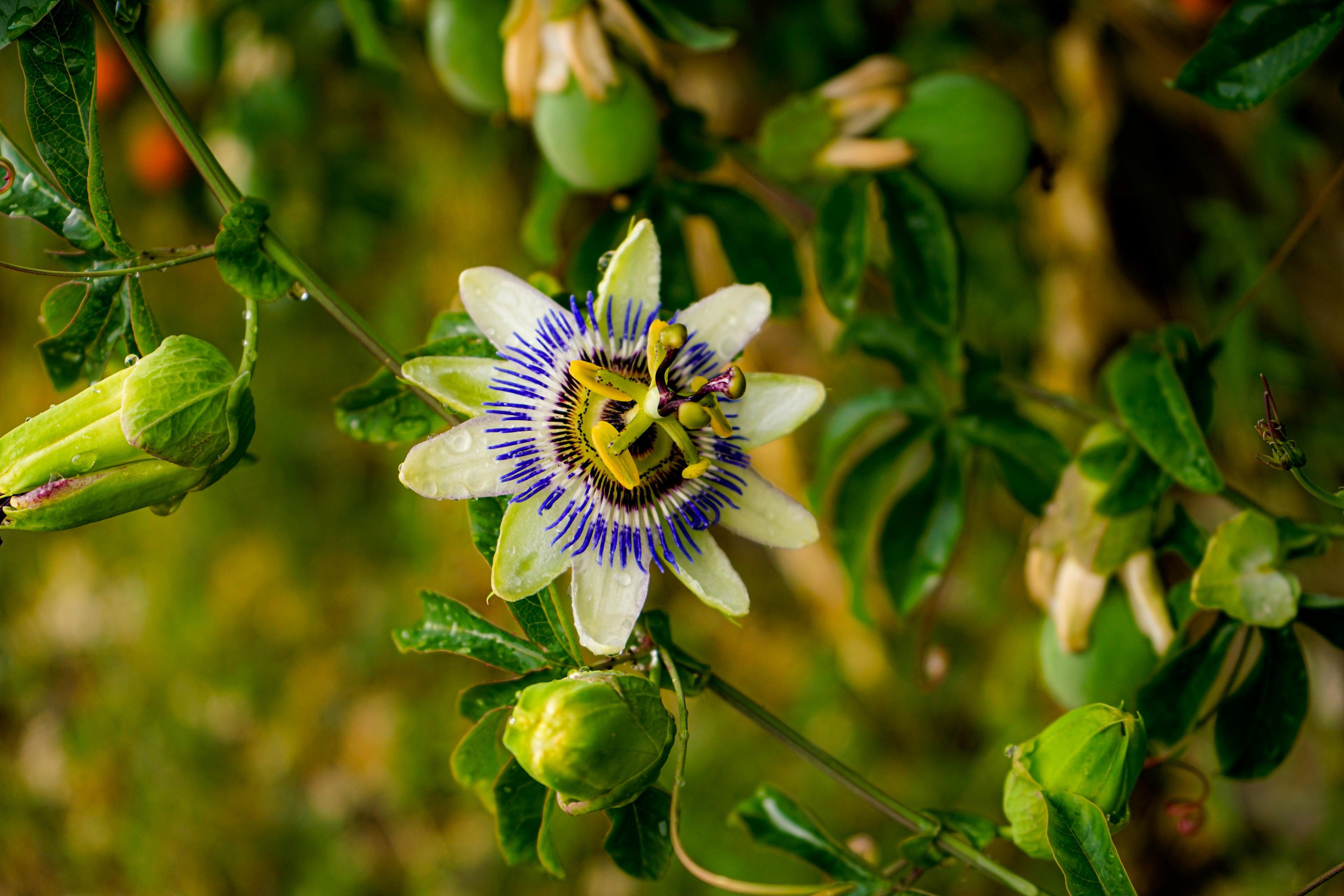

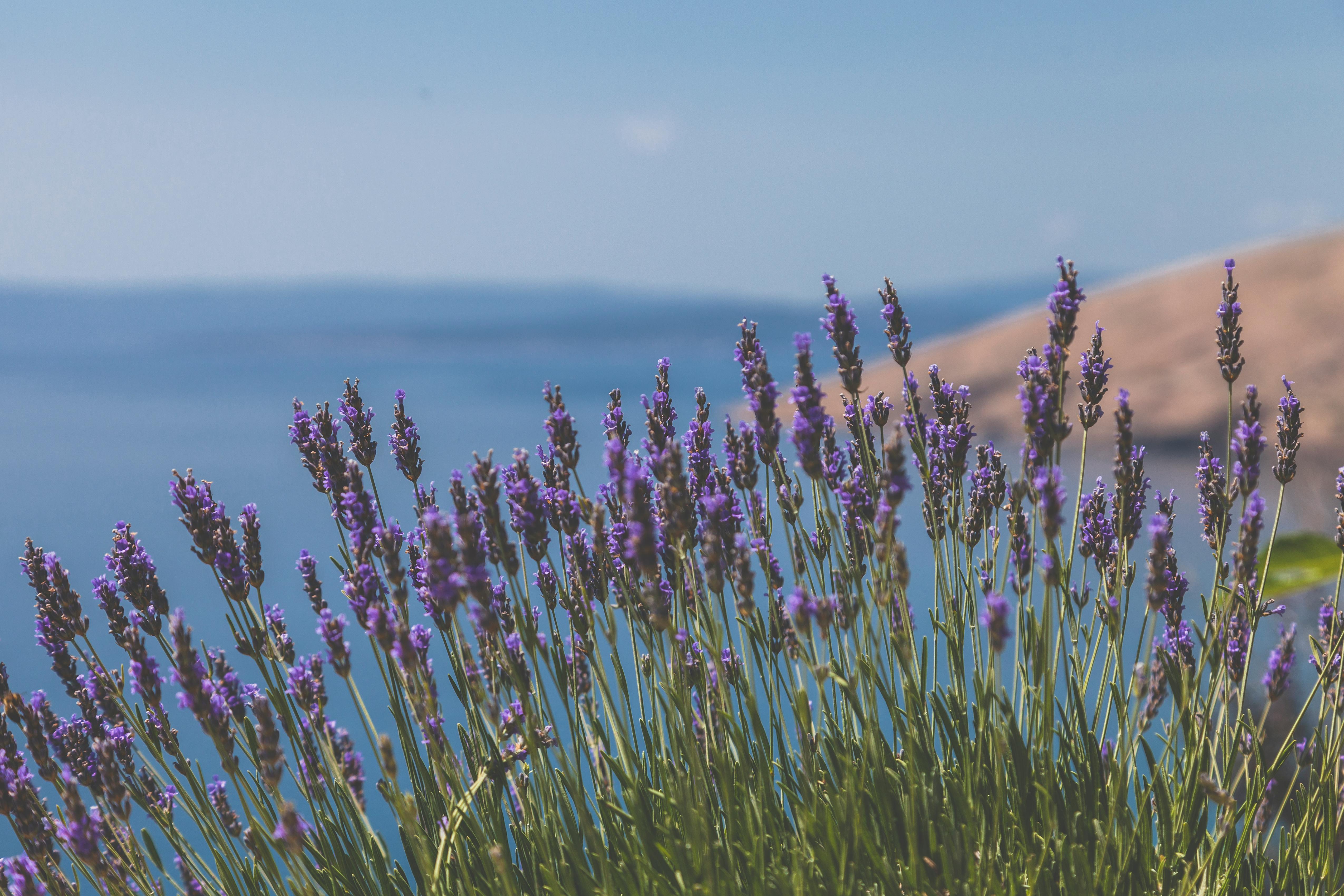

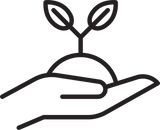
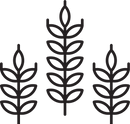
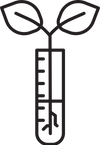
Leave a comment